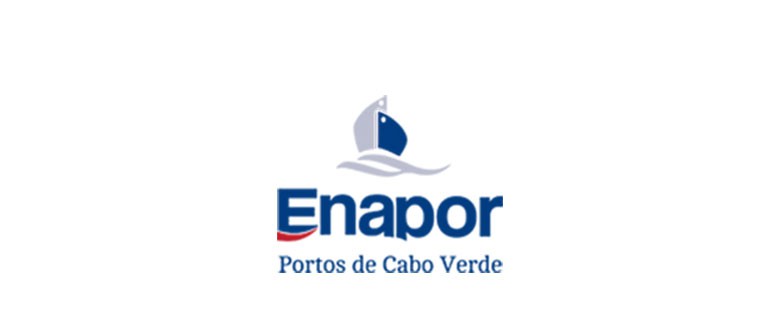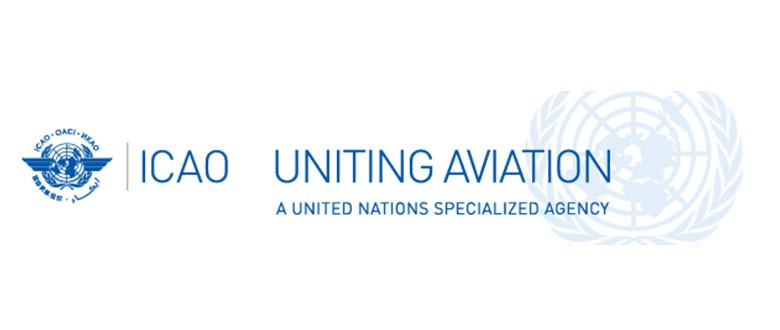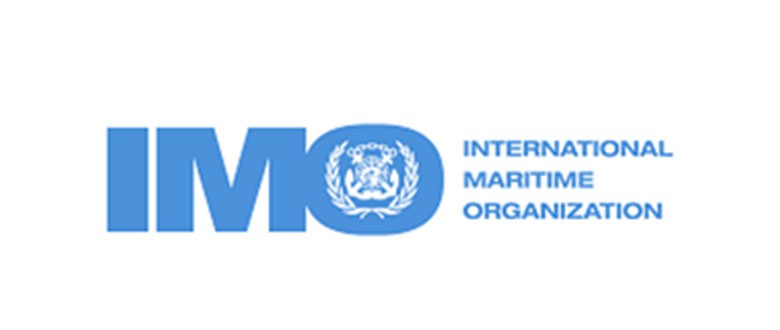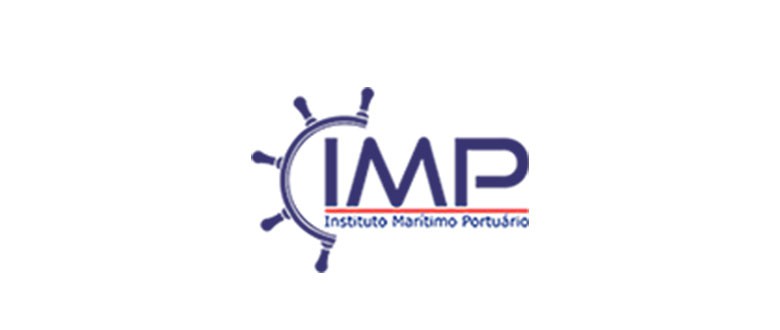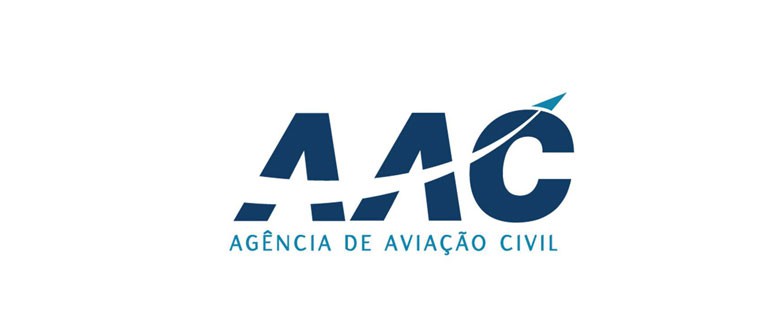Communication in the Context of Accidents 2024-05-28

In crisis situations where chaos prevails, communication is an essential means of risk and disaster management, aiming to strategically guide the flow of messages and information among an institution, those affected and civil society. This action aims to minimize the effects of what happened, or to combat them through preventive practices that, consequently, guarantee the safety of the community.
From this perspective, research shows that in cases of accidents, information is as important as other basic needs. This constitutes a fundamental mechanism in the prevention of accidents, allowing the investigation to evolve, in order to mobilize societal response actions, and the involved authorities to take the necessary measures to reduce risks in the post-disaster or accident phase.
Hence, when covering any accident, where there is a proliferation of information on digital platforms, it becomes necessary to have a trusted spokesperson who can enlighten the public on issues regarding the characterization, implications, impacts and vulnerabilities of the accident situation. Likewise, preventing the spread of fake news is crucial to maintain the integrity of information.
Therefore, the main foundations that converge and ensure quality in the communication of information involve objectivity, as a commitment to truthful and verifiable facts, transparency, and relevance of specialized information, based on the plurality and credibility of sources, as well as cooperation among different entities in promoting common dialogue.

